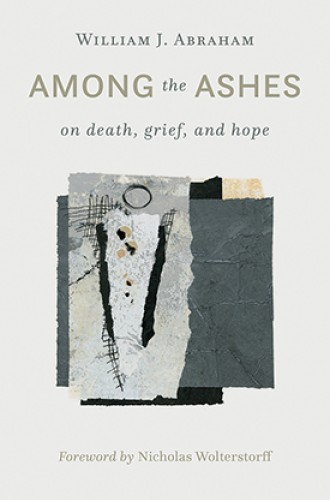Theodicy in real life
William Abraham's theological affirmations of faith are shadowed by a persistent question: Why don't they work?
Imagine a Christian has experienced a devastating loss, perhaps the death of someone dearly loved. Not everyone knows the traditional word theodicy, but most Christians have been acquainted with its propositions in rudimentary form since youth. They are a part of us: God is benevolent. God is not the author of evil or undeserved suffering. God will not give us greater burdens than we can bear. God hears our prayers and answers them. Earthly losses are made good in life after death. Pain is “God’s megaphone,” as C. S. Lewis put it, for getting our attention and making us receptive to divine blessings. Or as Augustine once said, “God wants to give us something but cannot, because our hands are full—there’s nowhere for Him to put it.”
Now imagine it is you—not a neighbor down the street or someone in the next pew, but you—who receives the tragic telephone call or the surgeon’s unexpected report. But instead of finding support and comfort from the familiar script, none of the assurances seem to work for you. They are, in the words of William Abraham, “hollow,” “utterly empty,” and they remain so for some time. Moreover, when well-intentioned friends or pastors repeat them to you, they tend to minimize the depth of your suffering and make things worse. What has happened?
This is the point at which Abraham, a philosopher and theologian, begins his inquiry. Not from an abstract idea but from a specific occurrence, the 2013 death of his adult son Timothy.






